COP22: Lopsided Progress
Katja Garson | November 11, 2016.
Friday in Marrakech dawned fresh and sunny, but would this start herald bright developments at a conference only now picking up speed, following recent political news from the US?
The answer appears, to be ‘yes’, at least in part. Echoing yesterday’s move from Australia, Pakistan has now also ratified the Paris Agreement, making it the 105th country to do so. With the number of ratifications hovering at the half-way mark, it is clear the pace to accelerate international climate action has not diminished.
Energy was a central focus with an array of side-events discussing the ongoing transition to renewable energy. Every day of the UN climate talks has a theme ranging from farmers day to youth day. Given the geographical location of this years meeting, Mustapha Bakkoury, CEO of the Moroccan Agency for Solar Energy, reminded participants that: “Each African country has its sources have their source of renewables energy.”
The clean technology transition is not limited to Silicon Valley.
During the opening of the facilitative dialogue, which lays out the framework for meetings and negotiations up to 2018 aiming to increase ambition levels, Brazil and the EU were vocal over the specific rules. However, they were not the only countries concerned about the technical aspects, with many hoping that by having these points in place now will allow for ministers to commit more readily during political negotiations next week. It remains to be seen whether this will crystallise.
Alongside these promising factors, the difference in demands and aims between developing and developed countries continued to cause rifts. Most concerning was the observation that more developed countries appear to be drifting away from aspects of the Paris Agreement.
ActionAid climate advisor Harjeet Singh stated that these countries need to adopt more ‘forward looking’ reviews of the Warsaw International Mechanism for Loss and Damage. He expressed concern that the current suggested review is too ‘light’, and plays to the desires of countries wishing to ignore their burden of responsibility towards the environment and countries most susceptible to the effects of climate change. This sentiment was reflected in the failure to discus the Adaptation Fund, which has been a valuable source of financial support to many developing and less developed countries.
In another clash of interests, Venezuela took the step of closing the room to observers to exclude fossil fuel lobbyists during discussions about carbon-pricing and emissions trading. This move prompted an outcry from civil society, who aside from having experienced continued exclusion at the talks, for the lumping of all civil society groups under the one umbrella.
Looking a year ahead, given that the presidency of the COP is normally determined far in advance, it has been confirmed that COP23 will be chaired by Fiji. The annual negotiations will be held in Bonn, Germany though, with a pre-COP meeting in Fiji.





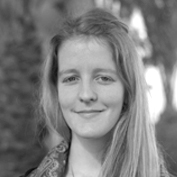
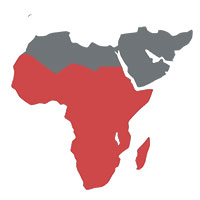
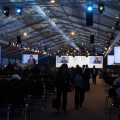
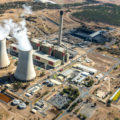
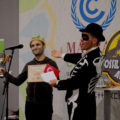



comment